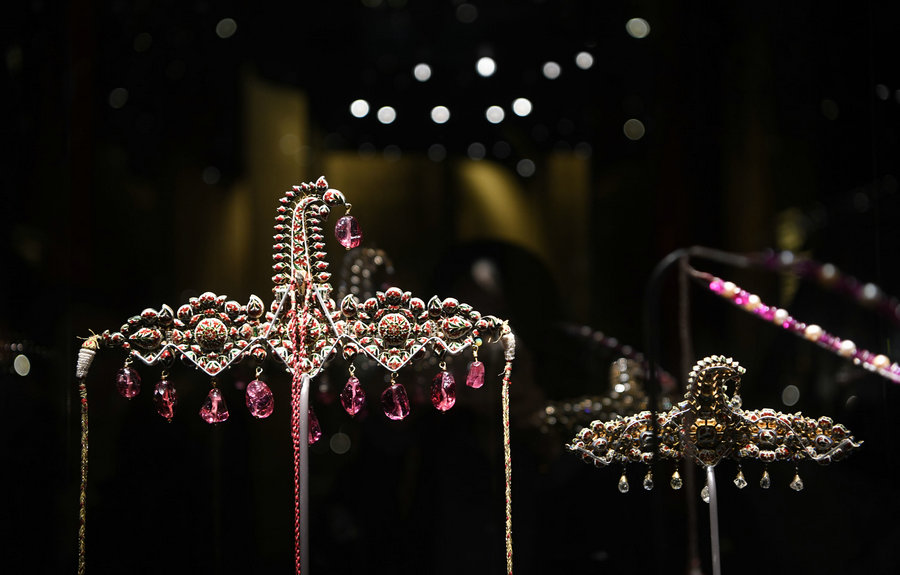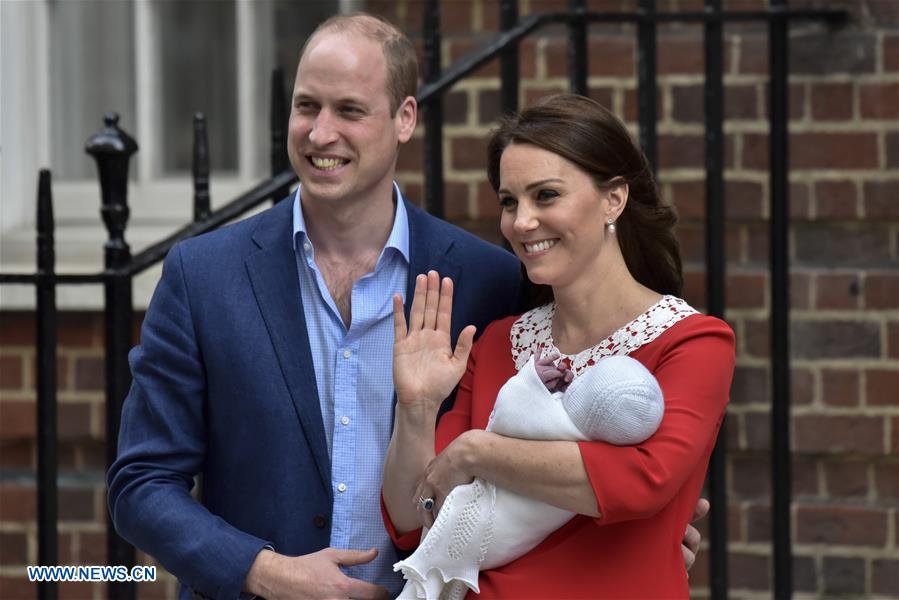When a woman enters midlife, she would feel less stressed and enjoy a high quality of life during this period, a U.S. study showed.
A recent study of the University of Michigan found that perceived stress -- a measure of confidence, control and ability to cope with life's stressors -- did indeed decrease for most women over a 15-year span.
The results came from data collected from more than 3,000 women who were recruited between the ages of 42-53 for the Study of Women's Health Across the Nation.
The study also found that menopausal status wasn't a factor, which challenges the notion that menopause is associated with higher stress and depression.
Women with less education and increased financial hardship consistently reported higher levels of stress compared to their peers, but this difference diminished over time.
"The results suggested that even women with less education or more financial hardship reported less perceived stress over the midlife," Elizabeth Hedgeman, one of the researchers, said. "And then there's menopause."
"Our perception of stress decreased even through the menopausal transition, which suggests that menopause isn't a great bugaboo, perhaps in relation to the other events or experiences that we're having in the midlife," she said.
Despite reporting decreased levels of stress throughout life, women who reported higher stress at the start of midlife continued to report higher stress levels than their peers as they aged. This is important because stress is a known health risk.
The study did not specifically examine the reasons for this decrease in perceived stress, but Hedgeman said that there could be both circumstantial and neurological causes -- children have moved out, professional goals are being met, or women might have hit a sweet spot before the next life challenges arise, such as chronic health conditions or aging parents.
The study has been published online in Women's Midlife Health.

















































